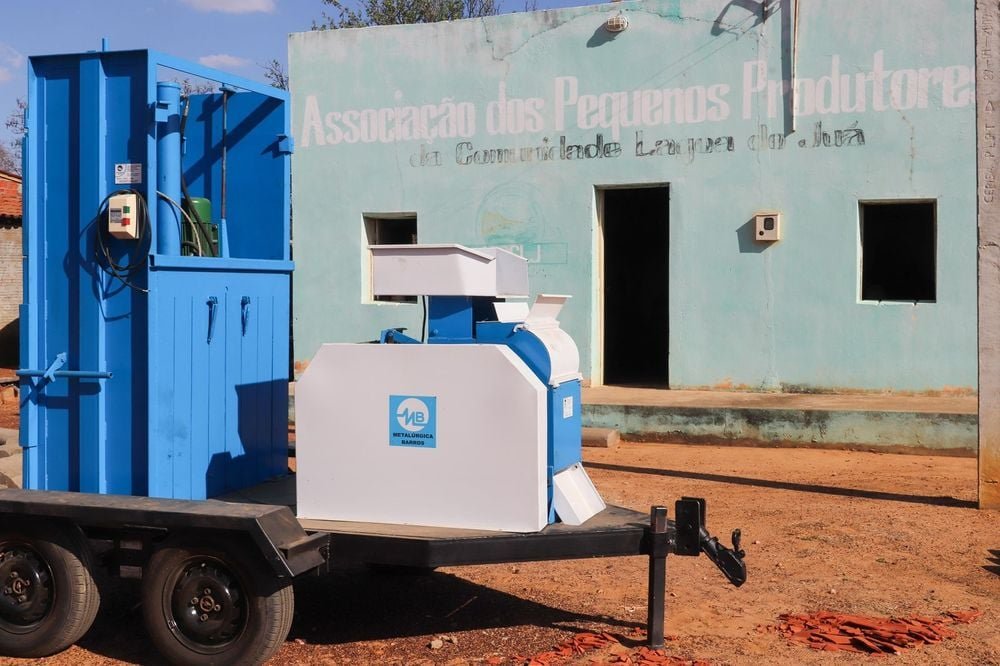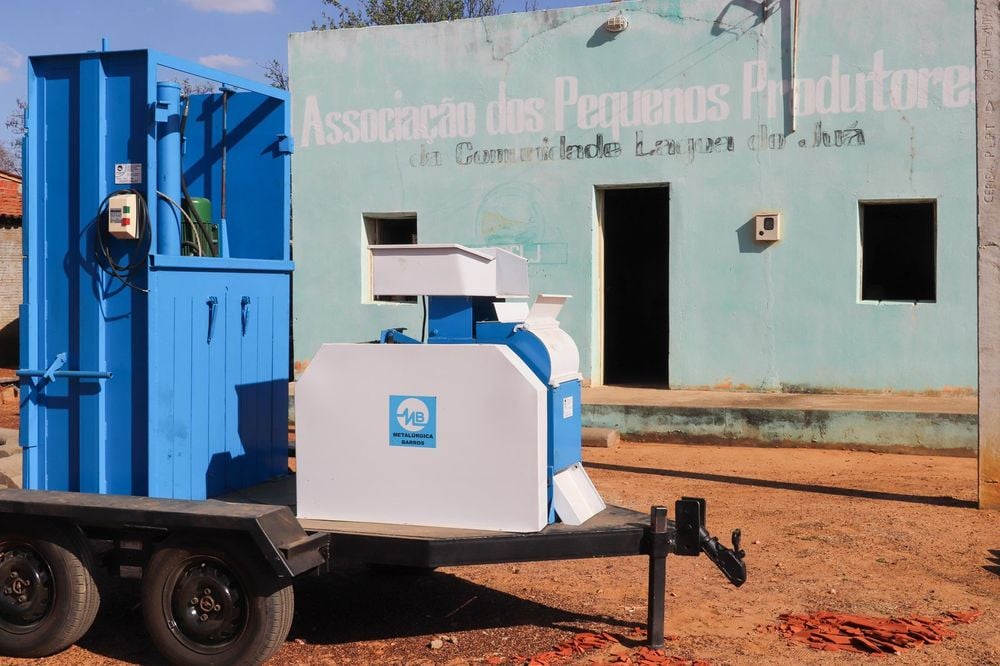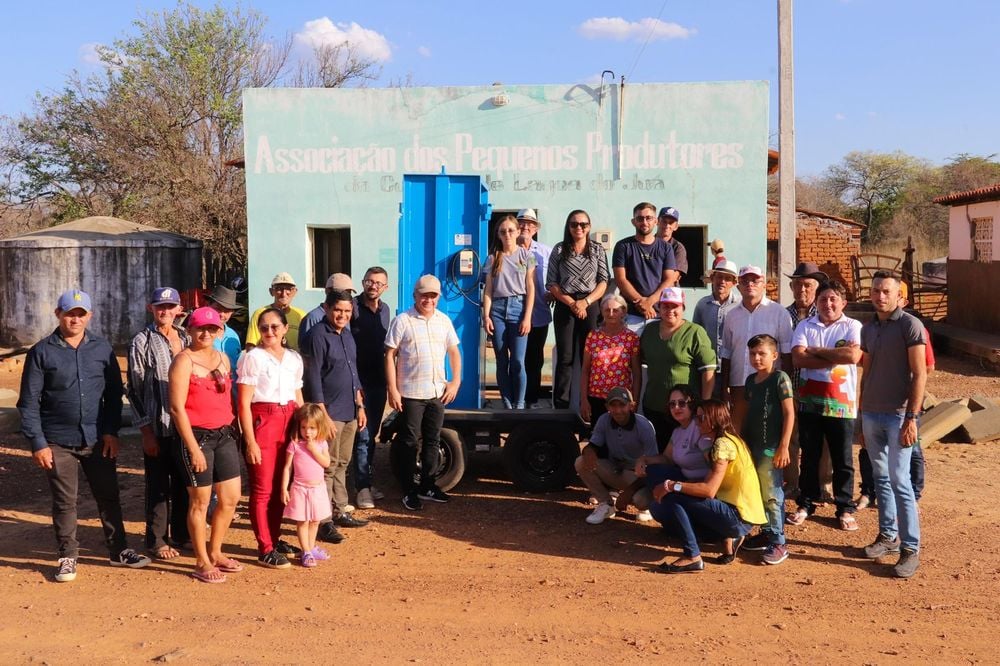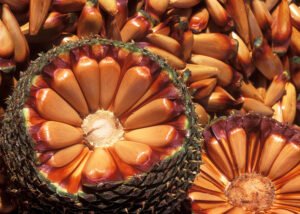Family farmers receive a mini cotton processing plant

One mini mobile cotton processing plant was delivered by the Secretariat of Family Agriculture (SAF) of Piauí, to the Association of Residents of the Lagoa do Juá Community, in the rural area of São Francisco de Assis do Piauí, in the Vale do Canindé Development Territory.
The equipment was purchased with the department’s own resources and delivered last Friday (25). The machine will assist in the production activities of approximately 50 families.
According to the superintendent of Actions to Support Family Agriculture of the SAF, Clébio Coutinho, the delivery will also benefit farmers from rural communities in the municipality of Paulistana.
“This equipment, a mini mobile cotton processing plant, will help producers of organic cotton grown in an agri-food consortium both here in the community of Lagoa do Juá and throughout the region. This will allow families to benefit from the cotton produced here in their own community,” said the manager.

The president of the Association of Community Producers of Lagoa do Juá, Luiza Josefa, celebrated the arrival of the equipment.
According to her, from now on producers will not need to take the harvested cotton to be processed in Paulistana (PI).
“We plant and harvest cotton and take it to Paulistana, to be processed there. Then the idea arose to request a project so that we could have this mini plant to benefit cotton here in the community. It was a big struggle, but we did it and we hope that things will improve even more in cotton processing,” said the producer.
The mobile mini-mill makes it possible to obtain the feather product, organized in bales, from raw cotton.
The equipment extracts the cotton seed and separates it, to use it in planting the next crop or as animal feed.
Organic cotton
The cotton that will now be processed in the mini-mill has a high added value since it has organic certification.
According to the SAF, in 2024, 9 tons organic cotton. The product is entirely exported to the French factory Vert, which produces sneakers from organic and agroecological materials.
Producers from São Raimundo Nonato, Canto do Buriti, São Francisco de Assis do Piauí and Paulistana are certified by the Association of Semiarid Agroecological Producers (Apaspi).


To be certified organic, the producer must meet certain criteria, such as not burning the property, using some type of pesticide, and must be part of a consortium according to Apaspi criteria.
Producer Deusimar Gomes states that organic certification comes from commissions that carry out on-site inspections.
“Certification is carried out in a participatory manner. Our group is made up of two committees, like the others. Ethics committee and evaluation committee. They are responsible for carrying out the visits. The ethics department visits its own group, the producers themselves. And the evaluation committee comes from another group to learn about and verify the work of the ethics committee. So this is the certification process,” explained the producer.
Currently there are two cotton processing plants, in Paulistana, where the cotton produced in São Francisco de Assis was taken, and in São Raimundo Nonato.




